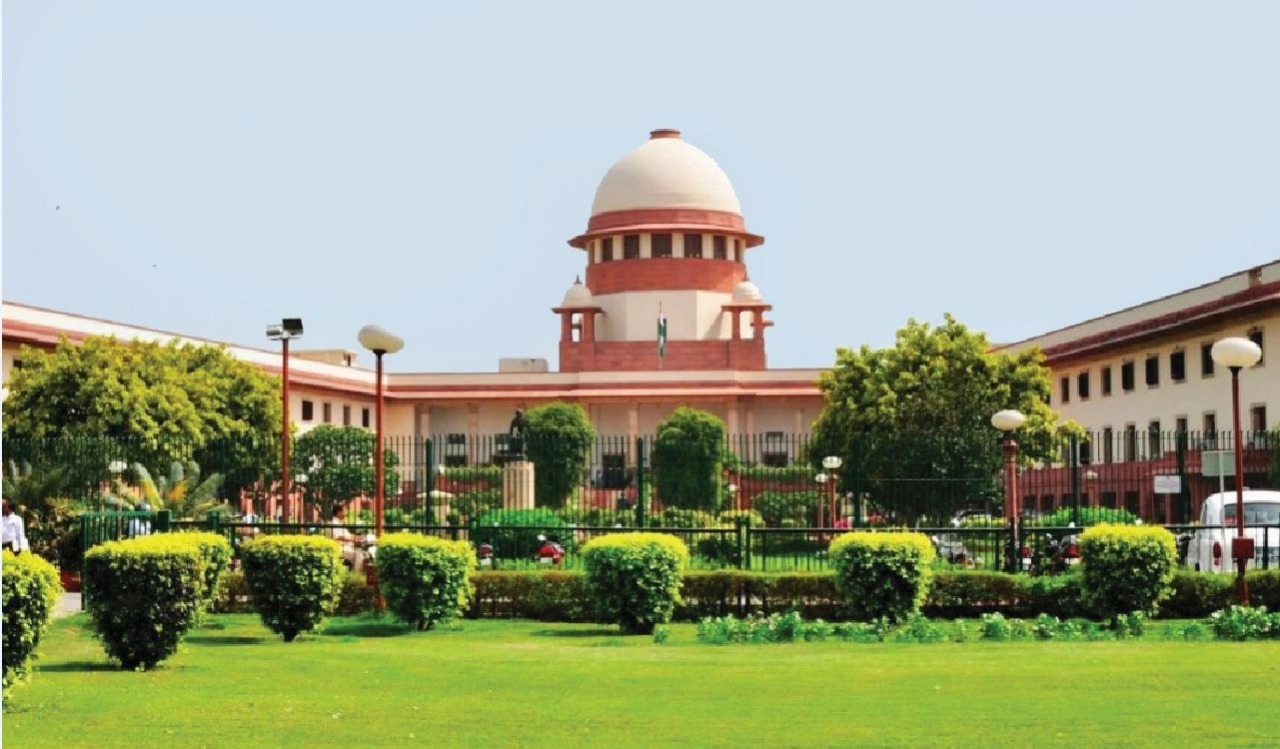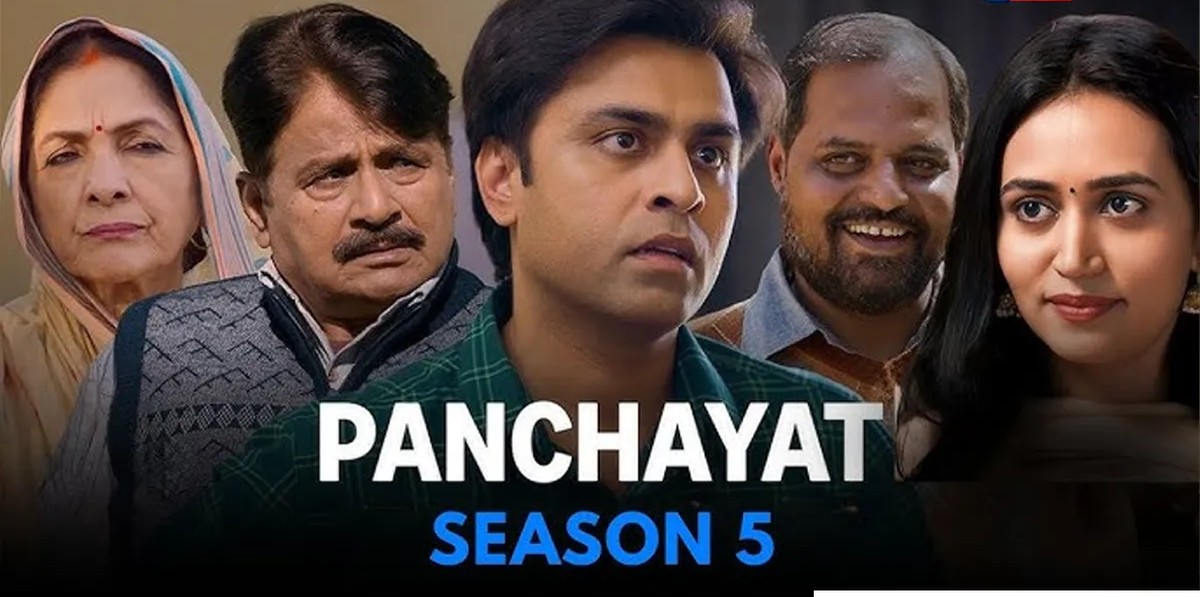
Follow WOWNEWS 24x7 on:

The Indian judiciary is at a pivotal juncture as the Supreme Court’s five-judge Constitution Bench prepares to hear a significant case concerning the eligibility criteria for the direct recruitment of judicial officers as District Judges under the bar quota. This case probes the interpretation of constitutional provisions relating to whether judicial officers with prior legal practice at the Bar are eligible for direct appointment as District Judges—a question with far-reaching implications for judicial service recruitment policies nationwide.
Key Highlights Of The Case And Legal Context
Precise Issue Under Scrutiny: The case focuses on whether a judicial officer who had practiced as an advocate for at least seven years before joining judicial service qualifies for direct recruitment as a District Judge under the bar quota, reserved specifically for advocates.
Constitutional Articles Involved: The primary provision under consideration is Article 233(2) of the Constitution, governing the appointment of District Judges by the High Courts, especially relating to eligibility of candidates.
Previous Judicial Interpretations: The 2020 Supreme Court ruling in Dheeraj Mor v High Court of Delhi stated that direct recruitment from the bar is reserved for practicing advocates with at least seven years of experience who aren’t already part of judicial service at appointment time.
Kerala High Court Judgments: The Kerala High Court upheld the exclusion of judicial officers from bar quota posts if they were not practicing advocates at appointment, setting aside appointments of judicial officers who applied after becoming part of the judiciary despite prior bar experience.
Question Of Timing: A core issue is whether eligibility should be assessed at the time of application, at the time of appointment, or both.
Constitutional Bench Formation: Chief Justice B.R. Gavai led a bench that referred this complex matter to a five-judge Constitution Bench, acknowledging its constitutional importance.
Arguments And Hearing Schedule: Scheduled for September 23-25, 2025, both petitioner and respondent counsels will present arguments addressing constitutional interpretations and recruitment rules.
Potential Impact On Judicial Recruitment: The ruling will clarify eligibility criteria, potentially opening or restricting direct recruitment pathways for judicial officers with prior advocatory experience.
Broader Implications For Judicial Service: This case influences recruitment fairness, career progression transparency, and interpretation of judicial service entry norms in multiple states.
Case Origin: The matter arose from Rejanish K.V.’s candidacy who transitioned from practicing advocate to judicial officer before his district judge appointment was finalized, sparking legal challenges.
Background On Direct Recruitment And Bar Quota
Direct recruitment under the bar quota is designed to integrate experienced advocates directly into the higher judiciary, enriching it with practical legal expertise. At the same time, the evolving judicial service structure offers promotion pathways within judicial officers already in service, making clarity on eligibility essential for candidates and courts alike.
Challenges And Contentions
Petitioners argue that prior bar experience should count regardless of judicial appointment timing, emphasizing merit and legal expertise. Opponents stress procedural consistency, arguing eligibility must be current to ensure clear demarcation between judicial and bar service entrants.
Significance For Aspiring Judicial Officers
This Supreme Court verdict will guide prospective candidates’ strategies and states’ recruitment regulations. It also affects the judicial workforce’s composition, balancing external fresh perspectives with internal career progression.
Conclusion
India’s judiciary awaits a landmark judgment clarifying the principles surrounding direct recruitment of judicial officers as District Judges through the bar quota. The Constitution Bench’s decision will resolve long-standing ambiguity, shape judicial recruitment frameworks, and uphold fairness in appointing officials critical to the administration of justice.
Sources: Supreme Court Observer, Lawbeat.in, The Hindu, SC Observer, Indian Express, Kerala High Court Judgments




